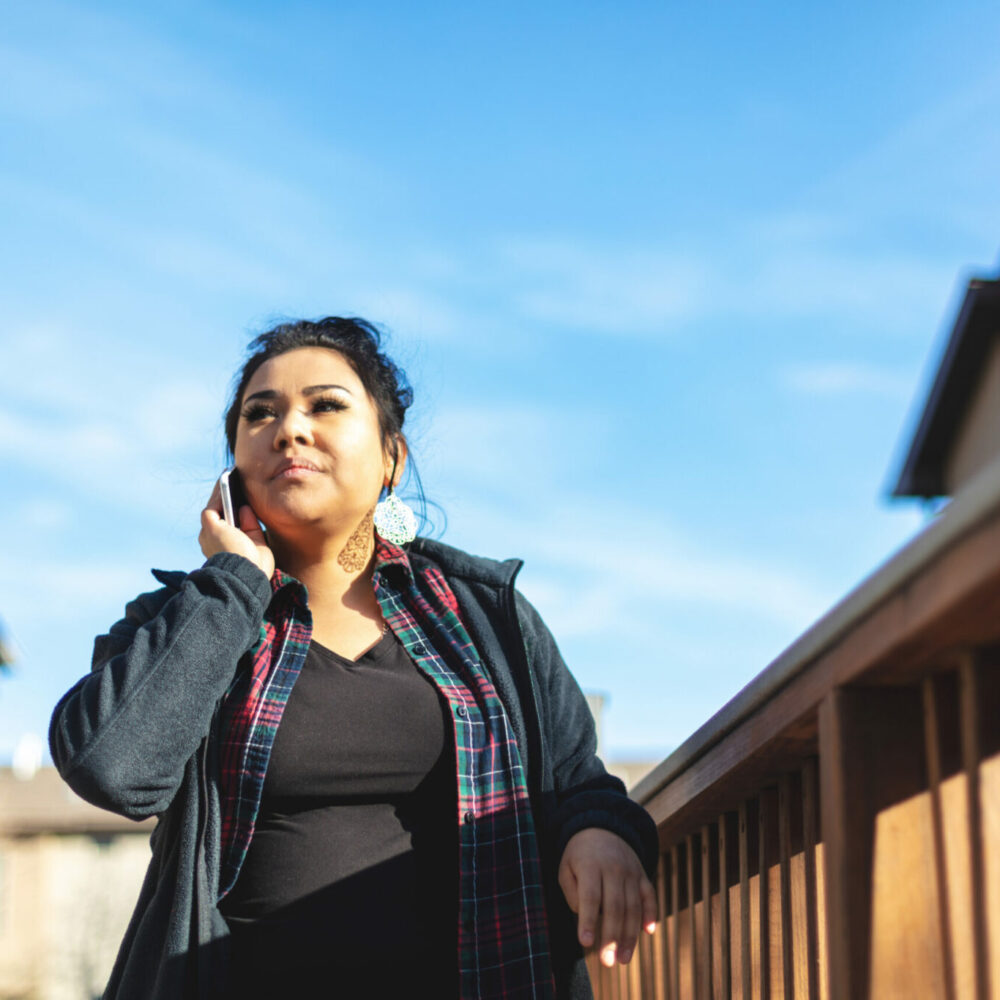CONTACT: Terrelene Massey, 505-244-0502
ALBUQUERQUE, NM—The Southwest Women’s Law Center joins the Alliance: State Advocates for Women’s Rights & Gender Equality today in releasing a report, “Designed to Deceive: A Study of the Crisis Pregnancy Center Industry in Nine States.”
This report sheds light on crisis pregnancy center (CPC) activities and funding sources. Combined with high-profile legislative and legal battles, CPCs are the centerpiece of an extreme decades-long anti-abortion strategy.
The report shows that CPCs don’t offer legitimate healthcare and resources. Instead, CPCs target their deceptive marketing toward pregnant people of color and pregnant people with lower incomes and provide few or no real medical services. CPCs also systematically mislead clients about the services they provide, potentially resulting in delayed care and unnecessary risks to the health of their clients.
The report, which details the activities of CPCs in New Mexico, finds:
- The promotion of misleading and biased medical claims to coerce and manipulate pregnant people away from obtaining an abortion and contraception;
- The widespread promotion of abortion pill reversal, a dangerous and unscientific procedure that creates stigma and threatens pregnant peoples’ health;
- A lack of licensed medical professionals at the facilities and a lack of real medical services provided at CPCs;
and - A vast digital infrastructure with explicit links to the anti-abortion movement that targets and harasses pregnant people with lower incomes and pregnant people of color.
“This is yet another barrier for women and girls to access objective, reproductive services, and science-based information,” said Terrelene Massey, Executive Director of the Southwest Women’s Law Center. “Pregnant people deserve the best available medical advice, and CPCs are not providing that. What they are providing is misinformation, which is dangerous.”
The report recommends that New Mexico take the following actions to protect pregnant people’s health and increase accountability and transparency for CPCs operating in our state:
- New Mexico policymakers should ban the use of non-diagnostic aka “vanity” ultrasounds/sonography;
- Create a mechanism to provide free or low-cost diapers to low-income New Mexicans;
- Increase the number of months for post-partum Medicaid coverage from three to 12 months;
- Include grief counseling as a mandatory mental health insurance benefit to any family who has lost a child, whether through stillbirth, SIDS, miscarriage, or abortion;
- Make it easier to apply for health insurance through the Affordable Care Act by including a box to check on state tax forms giving permission to check financial eligibility;
- Protect clients by prohibiting abortion pill reversal and extending HIPAA-like protections to people served by non-profits providing pregnancy-related services;
- Increase accountability and transparency for CPCs that receive state support;
- Eliminate barriers that make healthcare unaffordable and otherwise inaccessible for pregnant people and parents; and
- Address gaps in reproductive healthcare that CPCs exploit.
Even in states like ours with strong legal protections for abortion, the proliferation of CPCs threatens access to abortion care and contraception, especially for lower-income people and people of color. This demands a response that goes beyond Roe v. Wade and addresses the real barriers that pregnant people face when trying to access abortion care.
###
View Documents and Resources at The Alliance State Advocates




